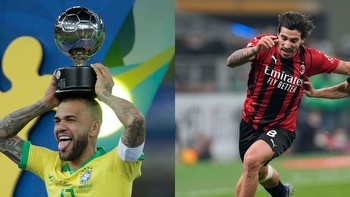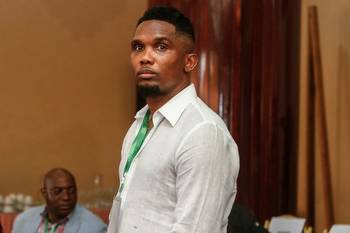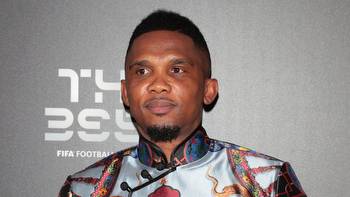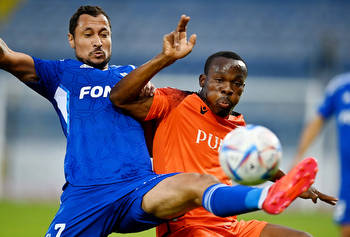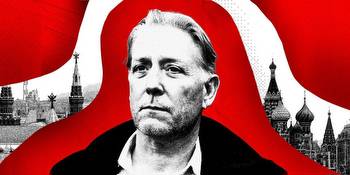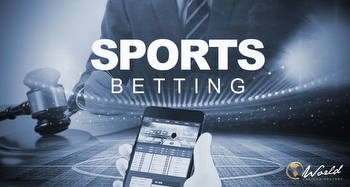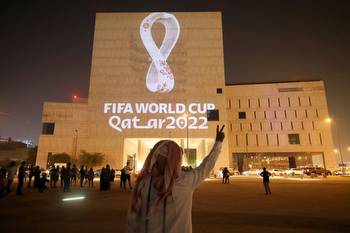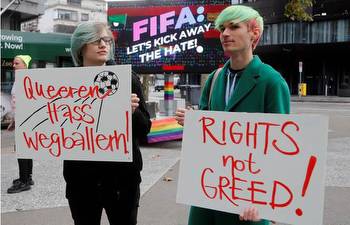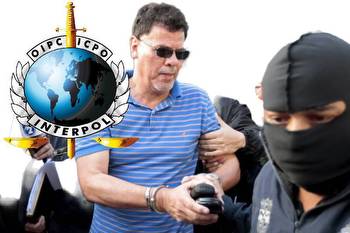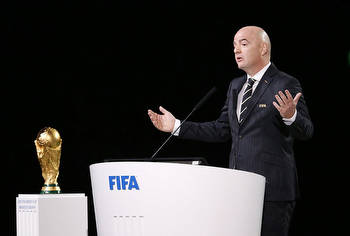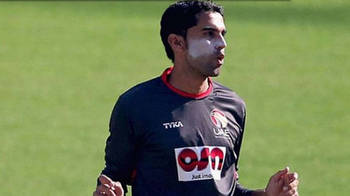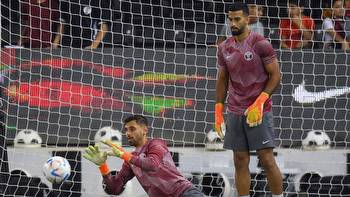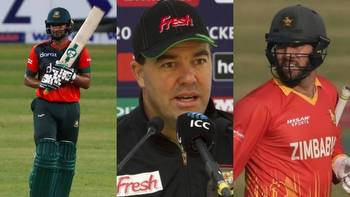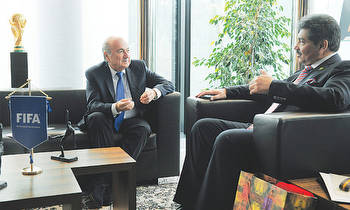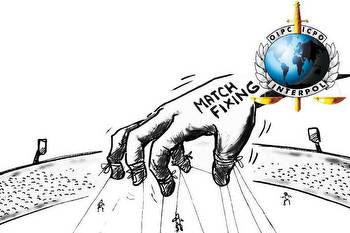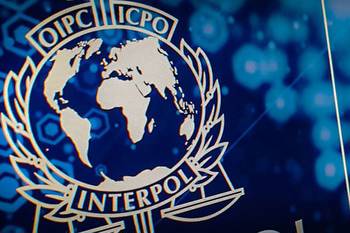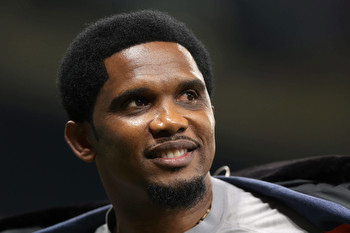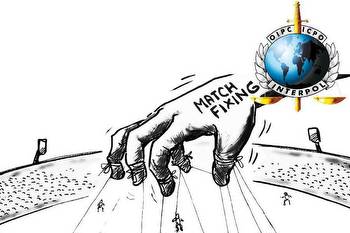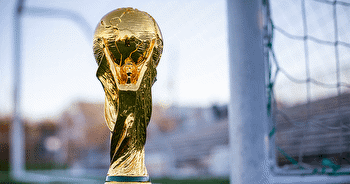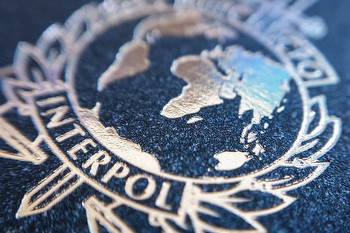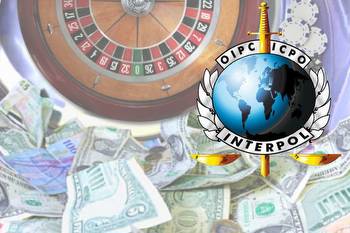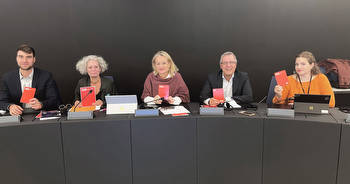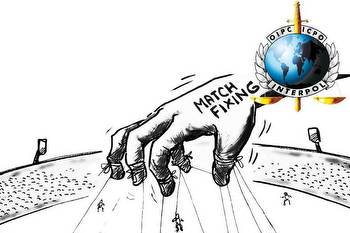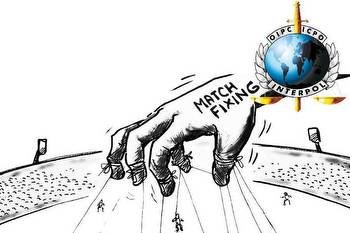FIFA Charges Have Ring of Familiarity
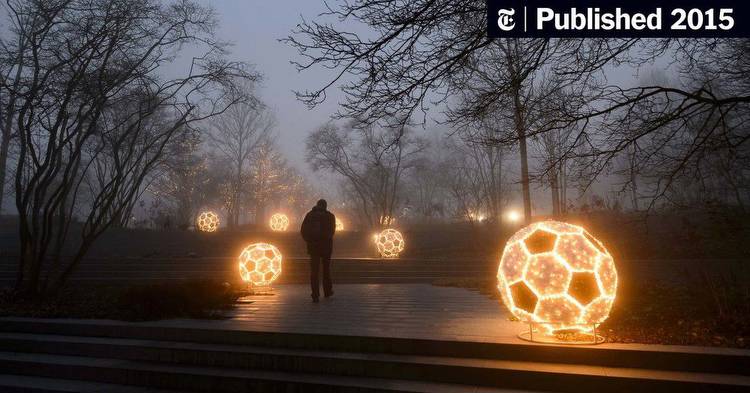
The impertinence is so terribly uncouth.
There the FIFA dons lay, in their beds in the deeply luxurious Baur au Lac in Zurich, digesting their splendid dinner from the Sonnenberg restaurant — the chef is reportedly Sepp Blatter’s favorite in the whole wide world.
They had passed the previous day dutifully talking the glum language of reform. Then, in tramped the Swiss police at 6 a.m. to haul away two of the worthies to face bribery indictments in the United States.
About 480 miles to the north, Sebastian Coe, president of the august International Association of Athletics Federations, track and field’s world governing body, was recovering from prickly questioning by members of the British Parliament. They asked about Russia, where athletes’ use of banned drugs is epidemic and apparently state sanctioned, and about what he knew of his retired predecessor, Lamine Diack, whom the French authorities are investigating on suspicion of corruption and money laundering.
Then there’s the fortress of Nike and its near wholly owned subsidiary, the little city of Eugene, Ore., which obtained the 2021 I.A.A.F. world championships on a no-bid basis. Lord Coe was, until a few days ago, a $100,000-per-year brand ambassador for Nike.
The gusting winds of change are whipping through the mansion doors of globalized sports. From New York City to Rio de Janeiro to Tegucigalpa, Honduras, Buenos Aires and various and sundry capitals in Russia, the Middle East and Africa, the princes and dukes of sports and marketing are in the dock, under investigation or desperately stuffing Swiss francs into their mattresses.
“I hear this from sports officials all the time: ‘This is how business is done in our world,’ ” said Roger Pielke Jr., a professor at the University of Colorado Boulder who studies sports governance. “It just so happens that the global sports world has developed a culture and standards increasingly at odds with how the rest of the 21st-century world operates.”
Investigative reporters like Andrew Jennings, the documentary filmmakers who broke the Russian doping story and brave whistle-blowers — not the sports associations — have led the way in pushing for change.
“Sport officials have been shamed by arrests and evidence presented by whistle-blowers,” noted Renee Shirley, the whistle-blowing former head of the Jamaican Anti-Doping Commission.
Much remains undone. Even the oversight bodies are questionable. The I.A.A.F. ethics commission recently issued a statement praising Lord Coe and affirming that he had no reason to toss away that handsome Nike retainer.
On a whim, Pielke used his computer search engine for a few minutes. He discovered that Carlos Arthur Nuzman, a Brazilian on the ethics commission, was also president of the Rio 2016 Olympic organizing committee. In that capacity, he oversaw a partnership with Nike.
That deal, according to Sports Business Daily, is worth $25 million to $40 million.
The original indictment mentions “sportswear company A” as having obtained the Brazilian team sponsorship deal in 1996. That would appear to be Nike, as the company publicly announced a 10-year contract with the Brazilian team at that time. The indictment alleged that “company A” made additional payments to a sports marketing company, which in turn bribed a Brazilian official. A Nike representative said Friday that “there is no allegation” that any Nike employee was aware of bribery. The spokesman said the company had “been cooperating, and will continue to cooperate, with the authorities.”
To read through the indictment and a number of guilty pleas in this case stirred nostalgia. I am a New Yorker born and bred, and I watched John Gotti swagger into federal court for his trial. I later talked — uneasily — with one of his lieutenants, an immense and unsmiling fellow, outside their hangout in Queens, the Bergin Hunt and Fish Club (deer had nothing to fear from these men).
Gotti is long dead, and the club has become an Italian ice store. To read the Justice Department document on its FIFA investigation, however, was to see the familiar language of the Gambino crime family indictment applied to the soccer family. There was talk of multigenerational corruption, illegal contracts given to storefront companies in Jersey City and Miami. More bribes, corrupt enterprises, fraud, kickbacks, willfully blind banks and oh-so-helpful accountants: It was all here.
Some regional FIFA federation chiefs were so hungry for a taste that they were said to have taken bribes after the original indictment was issued. Others posed as reformers, the better to get inside the executive suite and take receipt of envelopes filled with cash.
“Rather than repair the harm done to the sport and its institutions,” the indictment stated, “these defendants and their co-conspirators quickly engaged in the same unlawful practices that enriched their predecessors.”
An aside: Marco Polo del Nero — the president of the Brazilian soccer federation and a former FIFA executive board member — offers the greatest name in the history of indictments. His given name connotes curiosity about the many riches to be found in the world and his surname speaks to extreme decadence.
Another aside: The diligence of the Justice Department, the Federal Bureau of Investigation and the Internal Revenue Service in pursuing these soccer malefactors is admirable. I wonder, however, where such high dudgeon was in pursing indictments against the individuals responsible for the financial meltdowns of the past decade. HSBC laundered money for drug traffickers and did business with a Qaeda financier and paid a fat fine, and that was more or less that. Credit Suisse last year paid a $2.6 billion fine for helping Americans skip out on taxes. Now Swiss officials, according to Bloomberg and The Wall Street Journal, are investigating the possibility that the same bank facilitated bribe payments and laundering in the FIFA scandals.
Indictments to name a high bank official will be the first.
I digress.
It’s worth noting that much of this corruption has been known for years. FIFA sits in picturesque Switzerland along with the International Olympic Committee, which has endured its own corruption scandals (Blatter, the FIFA president, until recently sat on the I.O.C. as well). The I.A.A.F. resides a not-so-long drive to the south, in Monte Carlo.
Some years back, a Swiss member of parliament, Roland Büchel, spoke loudly about FIFA corruption. He knew his stuff; he had worked for the marketing company that worked in concert with FIFA.
“I thought I would speak up and this would all come out,” he said. “So I talked and gave interviews and said that bribes, famous bribes, made this system go.”
And what, I asked him last summer in Bern, Switzerland, was the reaction? “People thought I was mad,” he replied.
He understated a touch. With his courage, he laid the seed corn that gave birth to today’s investigations.
Still, can we mourn just a moment for a way of life — one more Louis XIV than sweaty jock stuff — that may soon pass into history’s shadow? When my colleague Sam Borden reported that the FIFA executive board had eaten at the Sonnenberg, I called up the restaurant’s website. Trés belle! It sits in a vineyard, overlooking Zurich.
There the board members could talk reform whilst enjoying Wolfsbarsch gebraten (roasted sea bass) with a jardinaire of fennel and saffron, or Challans duck breast on a bed of glazed pumpkin. The sea bass goes for $68, the duck for a mere $49.
And the wine? The prices soar into the exosphere.
The Sonnenberg has long served as an unofficial cafeteria for FIFA, even having a Sonnenberg FIFA Club.
The restaurant features a quote from Oscar Wilde on its website. “The ordinary gives the world its constancy, the extraordinary its value.”
As long as it’s understood that bribes underwrite the extraordinary, it’s hard to imagine a better epitaph for this corrupt and gilded world.

